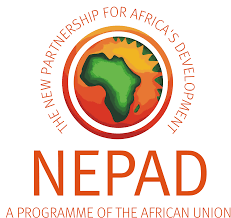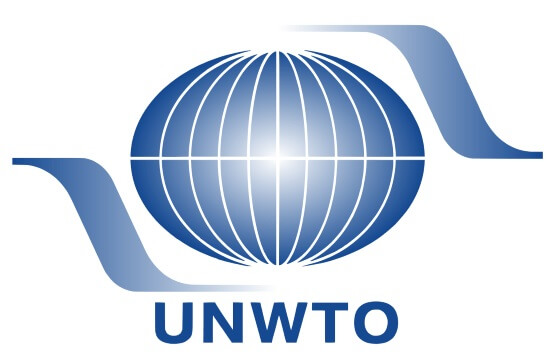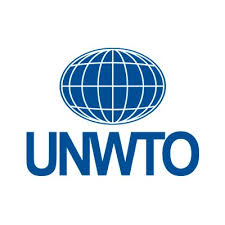
Sustainable tourism development in Africa: UN General Assembly discusses issue
The technical body of the African Union known as NEPAD is active at the ongoing UN General Assembly in New York.
In 2016, 1235 million international tourists traveled around the world. Travel and tourism represent nine percent of the world’s Gross Domestic Product (GDP) and one out of every 11 jobs.
Africa’s aviation industry alone supports 6.9-million jobs and contributes $80bn to GDP on the continent. Tourism has the potential to achieve the African Union Agenda 2063 and the Sustainable Development Goals (SDGs) if well managed, given its linkages with other sectors of the economy.
In the 2030 UN Agenda for Sustainable Development along with the 17 SDG’s, three goals (8, 12 and 14) are directly linked to tourism, including economic growth; job creation, environmental preservation and effective resource management; the promotion and protection of cultural values and heritage. In addition, as tourism is a cross-cutting industry, it has the potential to contribute directly and indirectly to all the goals.
Africa remains one of the fastest-growing regions for the travel and tourism sector globally and in 2016 international tourist arrivals grew by 8% with a total of 58 million international tourists. In 2016, Africa and South –East Asia are the leading tourist destinations; experienced about 8% growth rate, according to the UN World Tourism Organization (UNWTO) report of 2017.
Despite the progress made in the tourism industry, most African countries have yet to reach their full potential. Myriad challenges face the tourism sector: the urbanization of the continent is faster than anywhere else in the world and by 2025 half of the African population will live in cities. The issue of urbanization will bring serious challenges of integrated waste management, transport and pollution, which will impact touristic activities. Additionally, slow visa facilitation; low investment levels; the capacity gap in the hospitality service industry; poor connectivity and infrastructure are major impediments to tourism growth and sustainability.
The NEPAD Agency’s contribution to sustainable tourism in Africa is guided by the NEPAD Tourism Action Plan (TAP). TAP is the continental framework for the implementation of sustainable tourism in Africa. It also supports the domestication of the Sustainable Development Goals (SDGs) and AU 2063 Agenda. At the margins of the 72nd United Nations General Assembly, the NEPAD Agency and partners are organizing a High-Level Forum entitled “Sustainable tourism development in Africa: a transforming opportunity for inclusive growth”.
This High Level forum will be part of the Global Tourism Week, in celebration of the International Year of Sustainable Tourism for Development, 2017.
It will focus on information sharing on how best to contribute to the implementation of the Sustainable Development Goals 8 (to promote sustained, inclusive and sustainable economic growth, full and productive employment and decent work for all).
It also provides opportunity to engage, discuss and exchange the experiences from various players and stakeholders on how issues of policies and investments can create opportunities for job creation, employment and sustainable tourism in Africa.
Expected panelists and participants The Side Event will bring together a cross section of high profile leaders, champions and practitioners from both public and private institutions across the globe. Side Event Structure and Outline The Side Event on September 21 will be a high profile panel session and interactive moderated plenary discussions for two hours.




